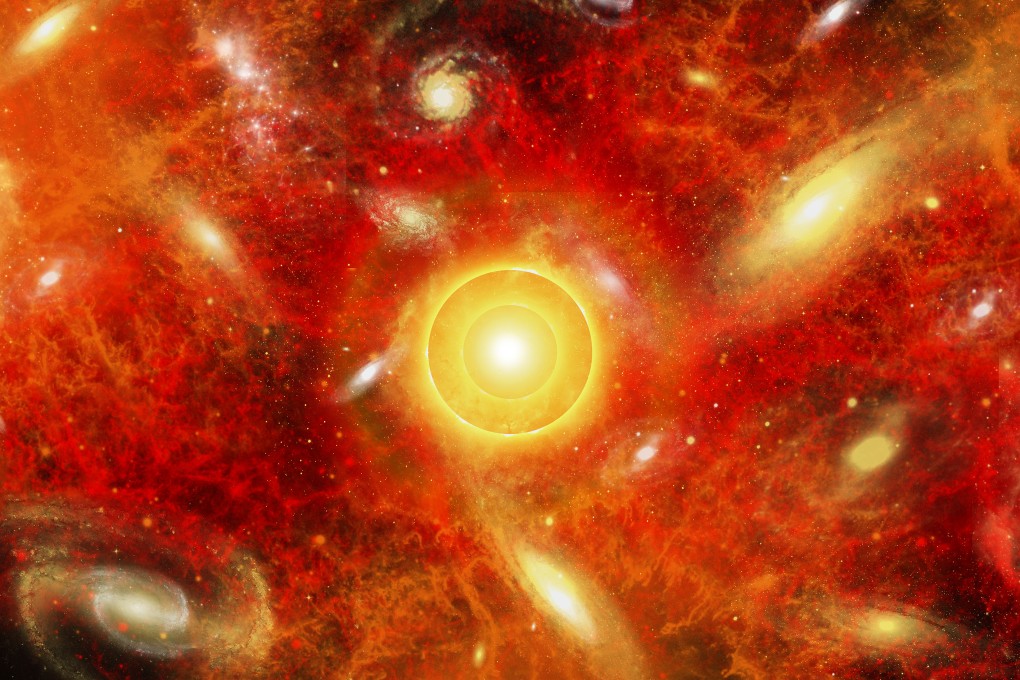Hong Kong's first secondary school takes on 'big history': the inter-disciplinary education approach
Course enables students to trace the history of mankind by looking at what science, geography, biology, archaeology and other disciplines have found, beginning from the Big Bang

Most, if not all, of us must have asked ourselves what we are here for. People have different answers, depending on their outlook on life. Putting aside any ideological perspective, history professor David Christian has created a course that addresses an even more fundamental question – what are we part of?
If we are to understand the role human beings have played on this planet we [need an] overall conception of the history of the universe on the whole
An Oxford trained specialist in Russian history, Christian was born in the US, and educated in Britain and Canada. Few would have expected him to delve into the starkly different field of science but, in the 1980s, he made the leap from just covering 200 years of Russian history to the whole history of mankind, which he said inevitably called for answers on the origin of species and the planet.
“It’s a simple piece of logic that persuaded me that if we are to understand the role human beings have played on this planet we [need an] overall conception of the history of the universe on the whole,” he says.
“What we are doing is simply putting together the different stories from scientific disciplines that tell us about the past,” he adds, calling the distinction between science and humanities “overrated”. “One of the big problems about education today is we create audits between different forms of knowledge.”
Big history is a wonderful way of helping students to see the connection between different areas of modern knowledge, he believes. It has become a rising area for interdisciplinary research and knowledge base. In 2012, Macquarie University set up the Big History Institute to further research, educational endeavours and teacher training in the area.
As director of the institute, Christian built up his own science knowledge through extensive reading of good literature written by cutting-edge scientists aimed at the general readers.
